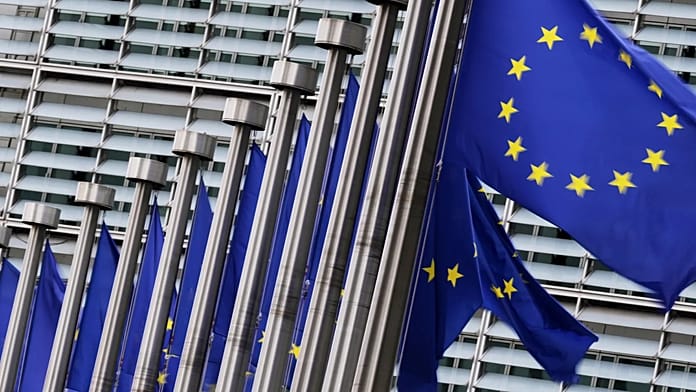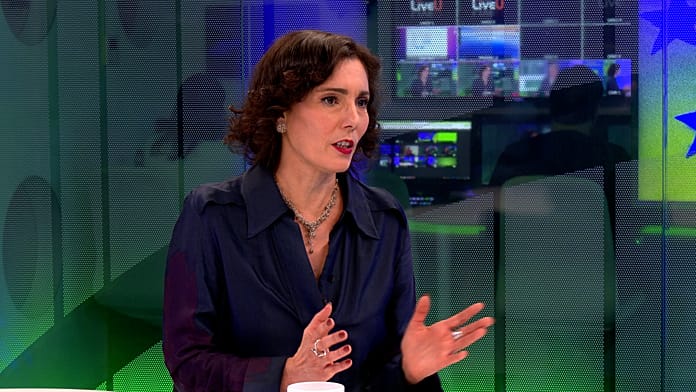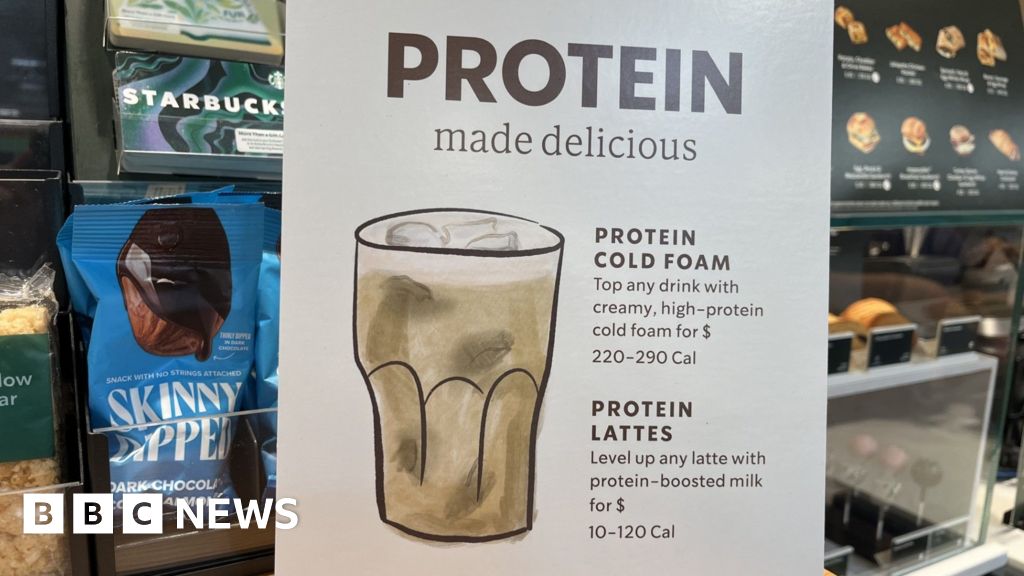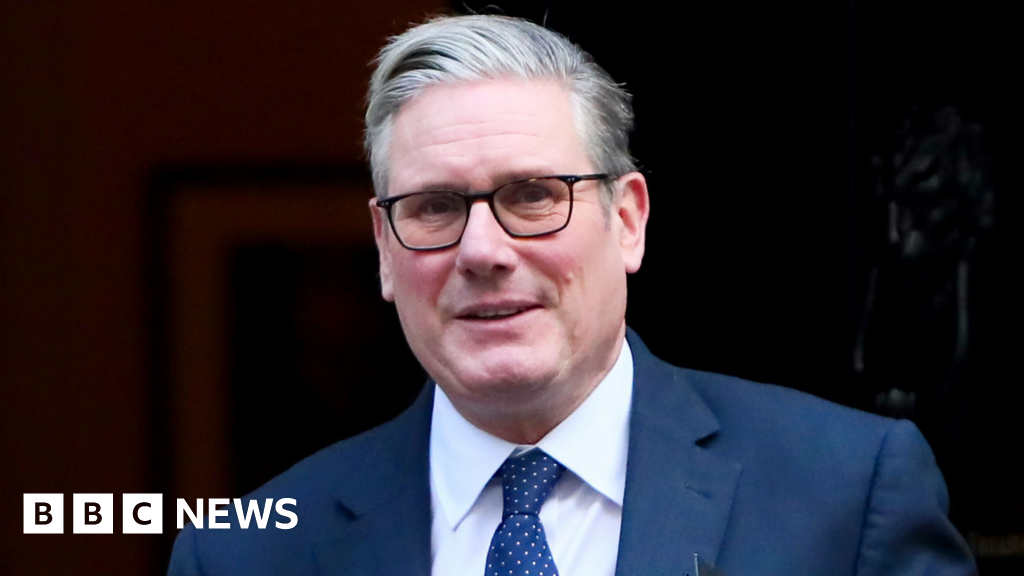Barclays becomes second British bank to quit Net Zero Banking Alliance
Barclays has become the second British bank to quit the Net Zero Banking Alliance.It follows HCBS's withdrawal from the initiative on July 11.The world’s biggest climate group for the industry also suffered a blow when US Wall Street banks started withdrawing after Donald Trump’s re-election to the White House brought an anti-climate agenda in the US.Trump has pushed for increased oil and gas production, coining his infamous slogan "Drill baby, drill".Barclays' statement read: "After consideration, we have decided to withdraw from the Net Zero Banking Alliance. With the departure of most of the global banks, the organisation no longer has the membership to support our transition."The UK bank confirmed that it would remain committed to its goals of becoming a "net zero bank” by 2050 and facilitating $1trillion of sustainable and transition finance by the end of this decade.They added: "We continue to work with our clients on their transition, finance the transition and scale climate tech, while helping to ensure energy security for our customers and clients. "This is an important commercial opportunity for Barclays; in 2024, we generated approximately half a billion pounds in revenues from sustainable and transition-related activity."LATEST DEVELOPMENTS: Car finance scandal: Drivers risk having compensation claims rejected after Supreme Court verdictHMRC repays £48.7million in overpaid tax as pensioners caught out by 'outdated' systemState pension at risk as retirees have payments suspended after DWP errorThe Net-Zero Banking Alliance (NZBA) describes itself as "a global member-led initiative supporting banks to lead on climate mitigation in line with the goals of the Paris Agreement".They say that members look to the Alliance for insights on how to unlock opportunities and demonstrate progress as they develop and execute their individual net-zero strategies for financing the transition.The NZBA membership has almost tripled in number since the Alliance launched in April 2021 and is open to all banks globally.The alliance has 126 banks spread across 44 nations, according to its website.HSBC became the first UK bank to leave the global banking industry’s net zero target-setting group in July.In a statement posted online, they highlighted that the bank was one of the first global firms to set a net zero by 2050 ambition, saying that they remain committed to this and in supporting our customers to finance their transition objectives.The statement said: "We believe supporting our customers’ transition brings benefits to their businesses, helps generate long-term financial results for our shareholders, and contributes to making the global economy more resilient."It added: "Our approach to setting financed emissions targets will continue to be informed by the latest scientific evidence and credible industry-specific pathways.""We continue to support customers in all sectors to make progress towards their individual decarbonisation plans, recognising that the transition to net zero is not linear or uniform across sectors, markets, and regions. "Our strategy is to provide our customers with pragmatic financing solutions that facilitate their progress and support long-term emissions reduction while advancing energy security and meeting the economic and industrial needs of today’s economy."

Barclays has become the second British bank to quit the Net Zero Banking Alliance.
It follows HCBS's withdrawal from the initiative on July 11.
The world’s biggest climate group for the industry also suffered a blow when US Wall Street banks started withdrawing after Donald Trump’s re-election to the White House brought an anti-climate agenda in the US.
Trump has pushed for increased oil and gas production, coining his infamous slogan "Drill baby, drill".

Barclays' statement read: "After consideration, we have decided to withdraw from the Net Zero Banking Alliance. With the departure of most of the global banks, the organisation no longer has the membership to support our transition."
The UK bank confirmed that it would remain committed to its goals of becoming a "net zero bank” by 2050 and facilitating $1trillion of sustainable and transition finance by the end of this decade.
They added: "We continue to work with our clients on their transition, finance the transition and scale climate tech, while helping to ensure energy security for our customers and clients.
"This is an important commercial opportunity for Barclays; in 2024, we generated approximately half a billion pounds in revenues from sustainable and transition-related activity."
LATEST DEVELOPMENTS:
- Car finance scandal: Drivers risk having compensation claims rejected after Supreme Court verdict
- HMRC repays £48.7million in overpaid tax as pensioners caught out by 'outdated' system
- State pension at risk as retirees have payments suspended after DWP error
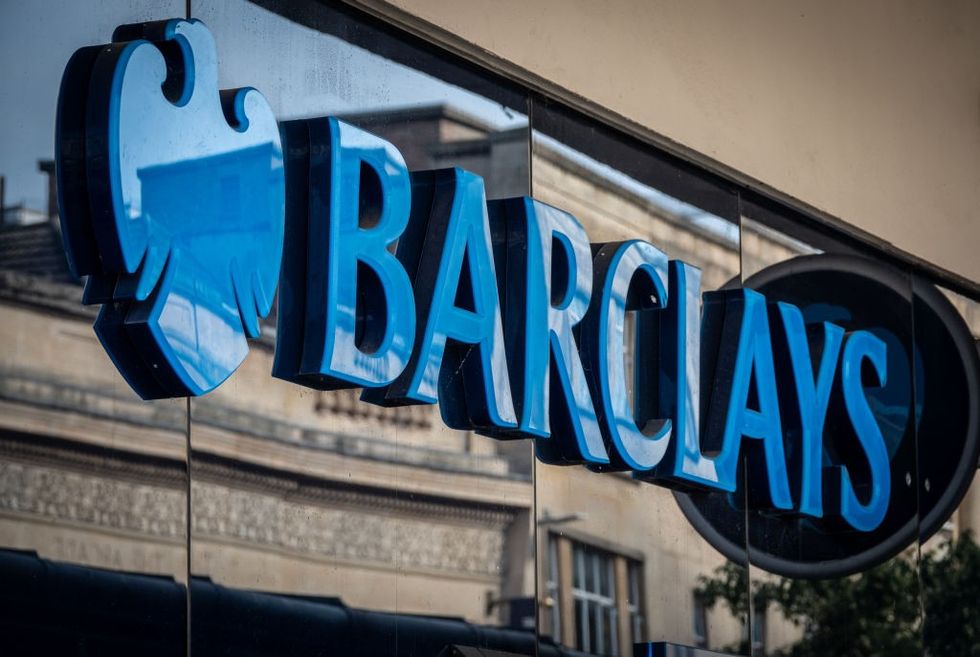
The Net-Zero Banking Alliance (NZBA) describes itself as "a global member-led initiative supporting banks to lead on climate mitigation in line with the goals of the Paris Agreement".
They say that members look to the Alliance for insights on how to unlock opportunities and demonstrate progress as they develop and execute their individual net-zero strategies for financing the transition.
The NZBA membership has almost tripled in number since the Alliance launched in April 2021 and is open to all banks globally.
The alliance has 126 banks spread across 44 nations, according to its website.

HSBC became the first UK bank to leave the global banking industry’s net zero target-setting group in July.
In a statement posted online, they highlighted that the bank was one of the first global firms to set a net zero by 2050 ambition, saying that they remain committed to this and in supporting our customers to finance their transition objectives.
The statement said: "We believe supporting our customers’ transition brings benefits to their businesses, helps generate long-term financial results for our shareholders, and contributes to making the global economy more resilient."
It added: "Our approach to setting financed emissions targets will continue to be informed by the latest scientific evidence and credible industry-specific pathways."
"We continue to support customers in all sectors to make progress towards their individual decarbonisation plans, recognising that the transition to net zero is not linear or uniform across sectors, markets, and regions.
"Our strategy is to provide our customers with pragmatic financing solutions that facilitate their progress and support long-term emissions reduction while advancing energy security and meeting the economic and industrial needs of today’s economy."

























